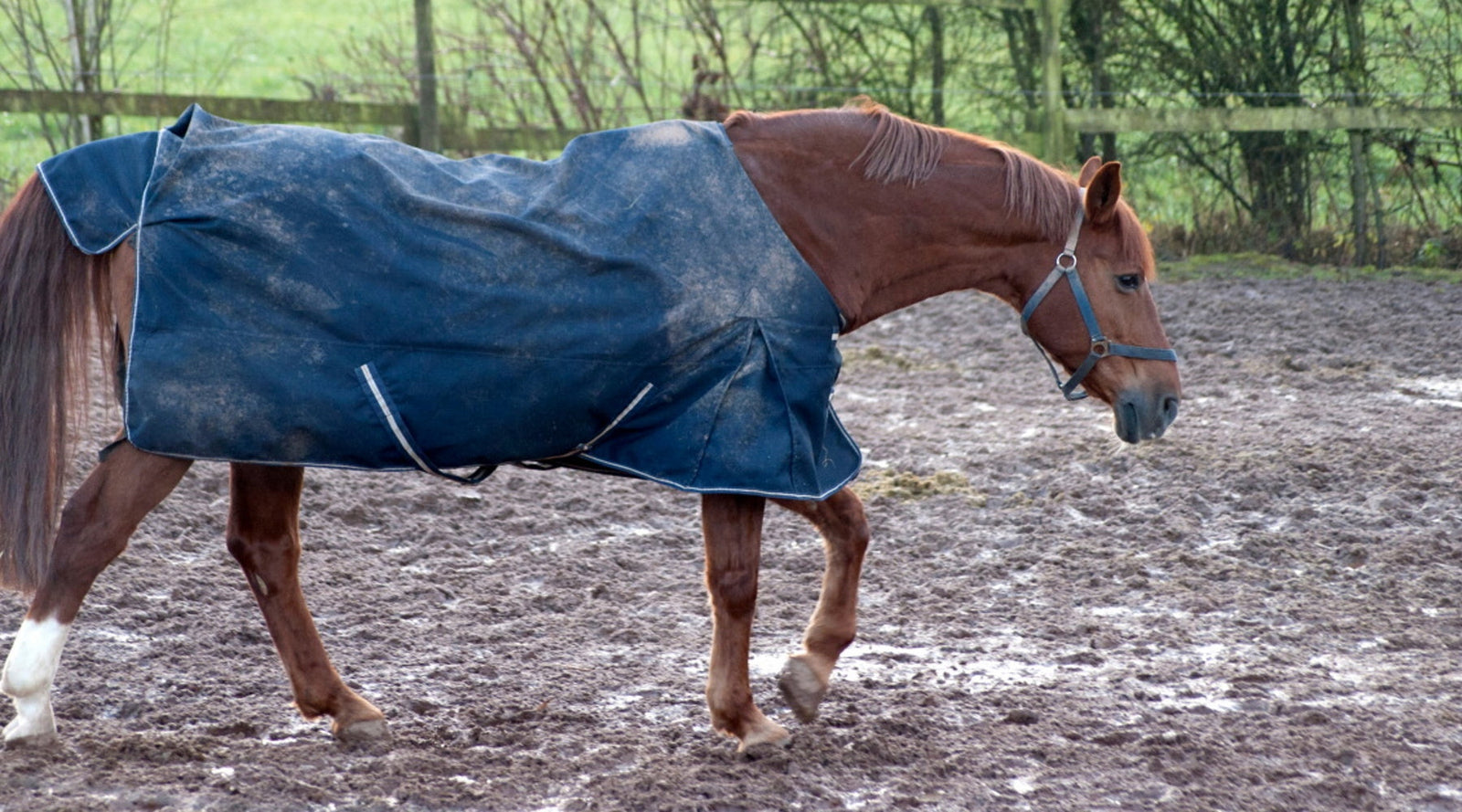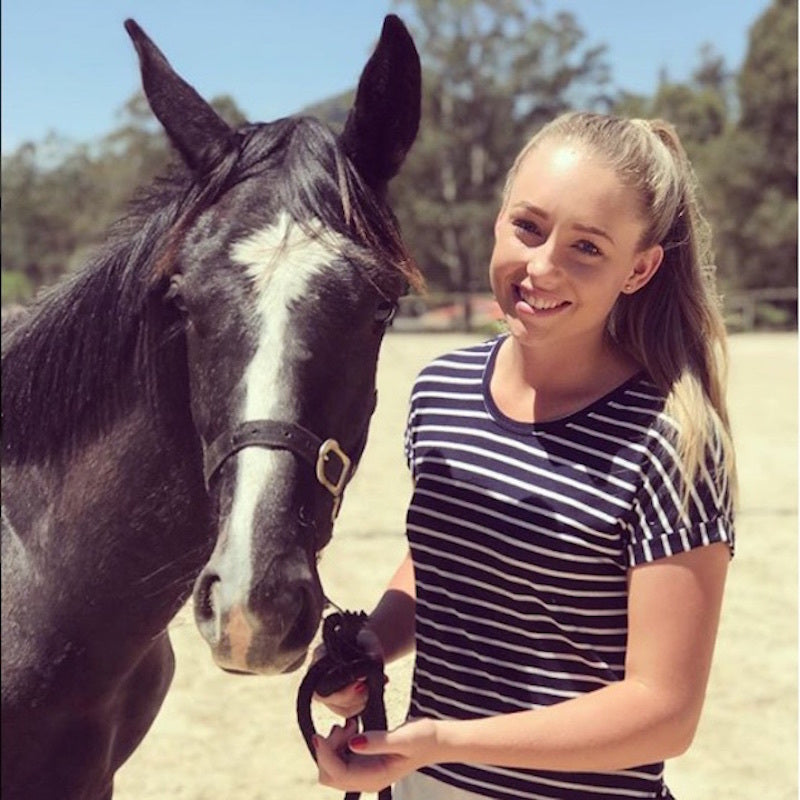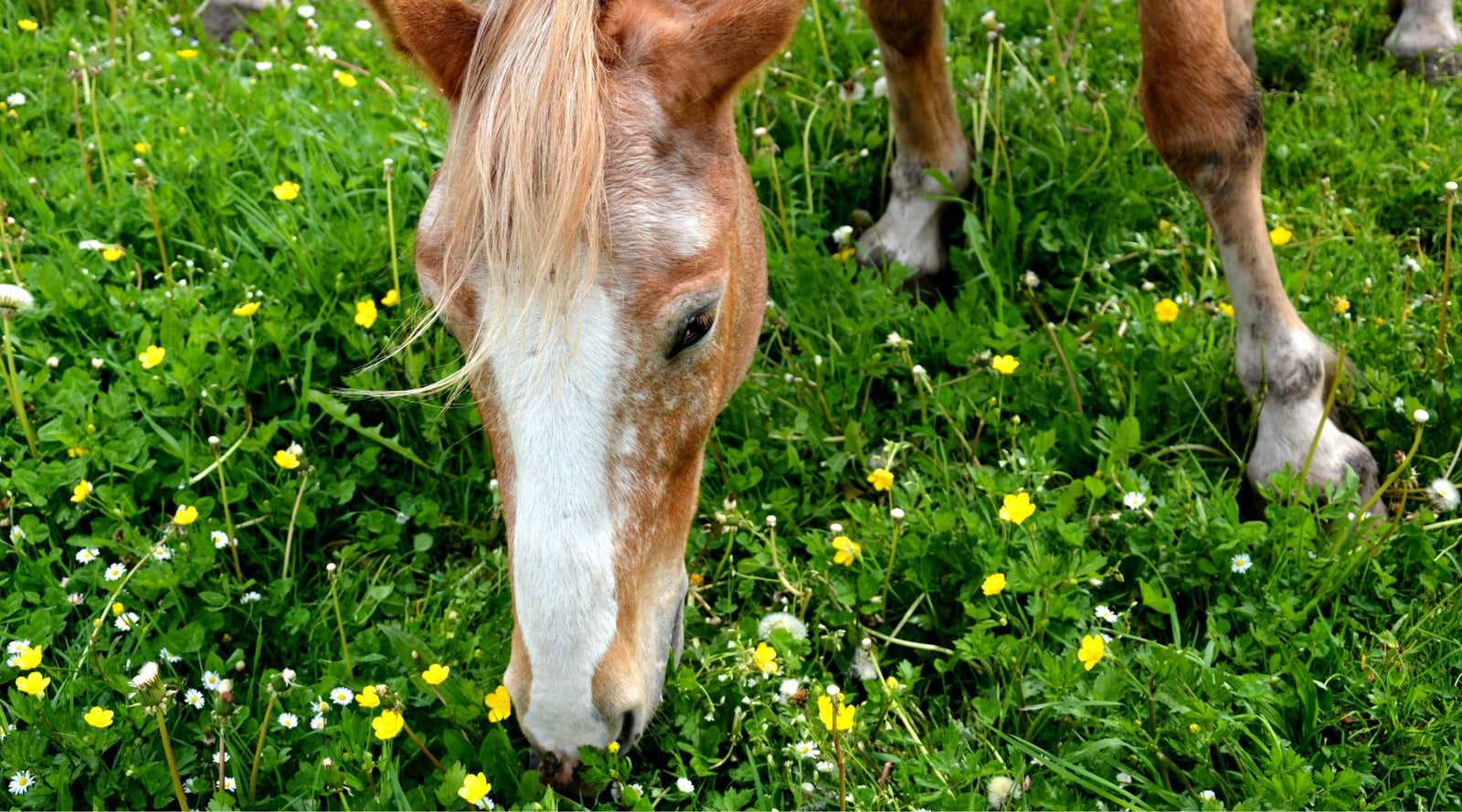Triple Hippo Rewards points are now available on all purchases made before midnight 24th February 2026.
Triple Hippo Rewards points are now available on all purchases made before midnight 24th February 2026.
Horse & Rider
Horse Health Tips for Mud Fever, Hoof Abscesses and Poor Winter Condition
by Fiona Lane April 16, 2021

Winter is almost here, which means it’s time to get ready to manage those troublesome winter ailments like Mud Fever, hoof abscesses and trying to keep condition on - especially for our equine seniors.
We’ve created a range of natural remedies that target these ailments and prevent them from occurring or help with managing them once they’ve taken hold. Better still, our remedies are safe, natural and easy to use with no stinging and no stress for you or your horse.
They’re sweet tasting which makes them easy to give orally either into the mouth or on feed. Customers tell us their horses love the taste! Our remedies can also be added to your horse’s water supply. Whichever method you use, you can be sure results are stress free, sting free and life changing.
Preventing & Managing Mud Fever
In an ideal world our horses would evolve to use stilts to avoid the mud. Given this isn’t going to happen, we take the approach of supporting their immune system against the Dermatophilus congolensis bacteria which is the most common cause of Mud Fever (also known as Greasy Heel or Scratches).
As a preventative, dosing once a week with our Mud & Rain product can help prevent Mud Fever from getting a look in. Horses love the sweet taste so it’s easy to put 2 pumps onto a treat or straight onto the tongue, or if you prefer simply add it to the water trough once a week. One capful (25ml) is enough for a 500-litre water trough regardless of how many horses drink from it, so our 1 litre jerry can holds enough remedy for 80 days of continuous cover – enough to get you through the whole winter!
Keep an eye on your horse’s legs and at the first sign of any trouble, immediately switch to dosing twice daily for 7-10 days. This is usually enough to return the skin to a normal healthy state.
Managing the skin
We recommend leaving the scabs in place while healing so there’s no need to touch the legs, scrape off scabs or apply bandages and creams. Our approach is sting-free and in almost all cases, the scabs will come away when the skin underneath has healed. It’s important to note that essential oils will negate the effects of our remedies, so you’ll need to stop using your oils to get results.
Preventing & Managing Hoof Abscesses
We know hoof abscesses can be a nightmare! Your horse has finally healed from a nasty hoof abscess, only to be tender from another one brewing despite a skilled farrier and a ton of quality supplements.
At Hippo we approach abscesses from two angles; improving the quality of the hoof wall and sole to lessen the chance of cracks that let bacteria in, as well as our safe and time-tested remedy to support venting and drainage of an abscess.
Some horses, no matter how many top-quality supplements you feed them, never seem to get stronger hooves. This can be the result of absorption issues within the gut. Our remedy - Healthy Hooves - supports a healthy digestive tract that can absorb the minerals from the diet making them available to build strong hooves. With improved mineral assimilation it’s not only hooves that benefit but hair quality and teeth as well.
If an abscess occurs it needs to be drained. Our Abscess Plus remedy can be given orally at any stage of abscess formation to support safe venting and drainage of the abscess.
In some cases, there may be a foreign object buried deep in tissue that causes ongoing lameness or festering. Giving Abscess Plus twice daily for two to three weeks will often draw out the offending object.
Keeping Your Horse Conditioned Over Winter
Some horses find it difficult to keep their condition over winter when grazing may be poor quality and they’re under stress from wet and muddy conditions.
We believe supporting gut health can help with nutritional efficiency so your horse gets the best out of their feed.
Our Conditioning Tonic is a remedy close to our heart as it’s assisted with many welfare cases in New Zealand and Australia, and now through our partnership with Fabled Farms in Tennessee. This remedy can be safely given to even the most severely malnourished horses on a refeeding program. After 3-4 weeks ribs are usually covered, and the coat has an extra sheen.
Conditioning Tonic also assists horses that need a helping hand to keep condition on during colder weather and tougher conditions. This is particularly helpful for breeds with a naturally fast metabolism and for older horses that often struggle.
Conditioning Tonic can be given into the mouth twice a day via our pump bottles or put on feed or in the water trough using a jerry can.
More remedies
So those are our most popular remedies for managing horse health over the winter months, but we do lots more as well!.
All our remedies are designed to be used alongside veterinary medicines and have no toxic side effects – the only issue is that essential oils will antidote Hippo remedies so should not be used concurrently.
We also have a money back guarantee for all our remedies.
We hope our Hippo Health remedies provide you and your horses with the best winter in years!
General Disclaimer: Always follow dosing instructions. Our remedies are formulated to support the natural immune system of horses, pets, livestock, and people. We do not claim to treat, medicate, or cure any health conditions. If you are worried an animal may be in pain or suffering, please contact your veterinarian.




